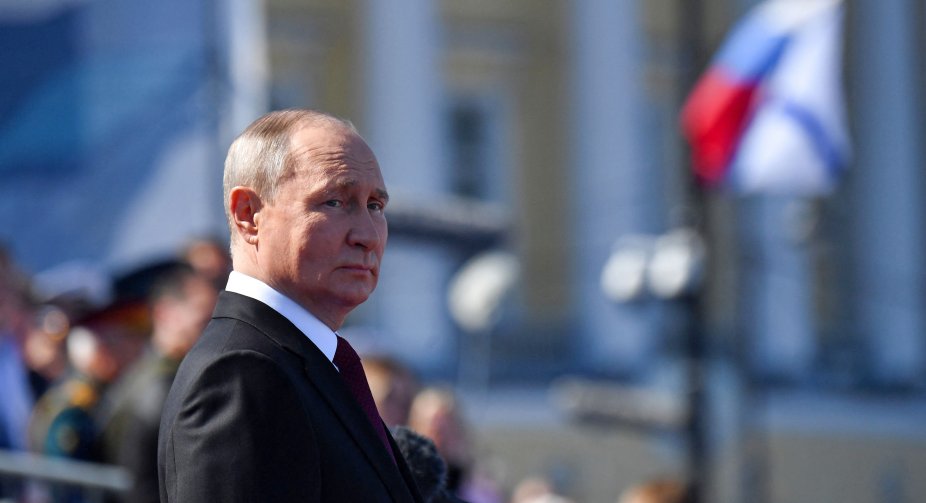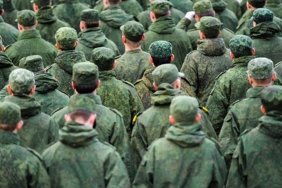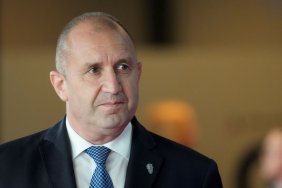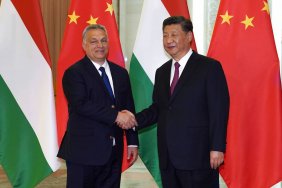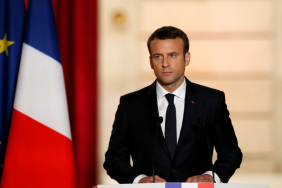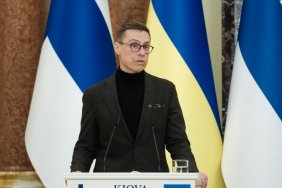Vladimir Putin, in a situation of tension against the background of sanctions and an attempt at an internal rebellion, is now extremely vulnerable, Bloomberg writes.
The Kremlin has high expectations for his fifth presidential term and the March 2024 elections, although there are many uncertainties. Although the Russian authorities are counting on a lack of competition, they see the vote as an opportunity to demonstrate control over a huge European conflict that creates risks.
In the run-up to the election, unexpected domestic criticism of the Central Bank by Russian patriots has emerged. Even in the face of international sanctions, Russia's economy is showing resilience, growing after a previous period of contraction. Experts predict a full recovery to the level of February 2022 next year. This is partly due to the cost of military operations, but also to an increase in social benefits for the vulnerable sections of the population, which form the basis of Putin's voters.
Putin's July approval rating was 82%, but the political and economic elite are expressing some frustration with his position. Dissatisfaction with the management of the military conflict is growing as the number of casualties increases and the conflict itself approaches the borders of the state. At the same time, Kyiv is receiving new modern weapons, including previously rejected F-16 fighter jets, in cooperation with its NATO partners.
